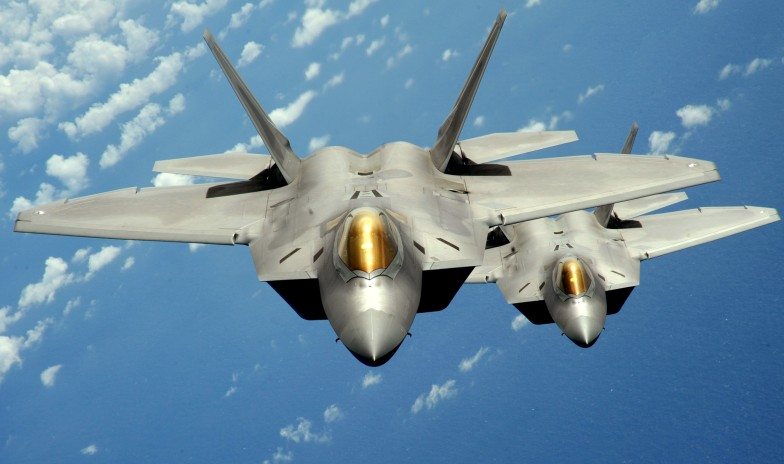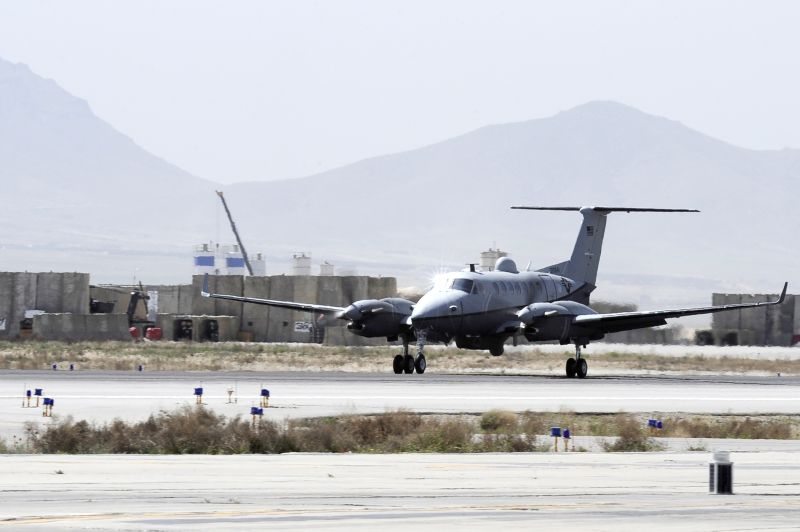Malaysia: Exercise Cope Taufan kicked off today, a biennial Large Force Employment exercise between the Royal Malaysian Air Force and Pacific Air Forces.
More than 450 Airmen are participating, as well as four U.S. Air Force airframes, which includes the inaugural deployment of the F-22 Raptor to a Southeast Asian exercise.
The Hawaii National Guard’s 199th Fighter Squadron along with its associate unit, the 19th FS, are supplying the F-22’s for this year’s exercise. Other units supporting the exercise include Massachusetts Air National Guard F-15’s from the 131st FS, 104th Fighter Group; C-130s from the 36th Airlift Squadron out of Yokota Air Base, Japan; C-17s from the 517th AS out of Joint Base Elmendorf-Richardson; as well as C-17s from the 535th and associate 204th AS from Joint Base Pearl Harbor-Hickam with support of guardsmen and women of the 154th Wing’s Maintenance Group and Maintenance Support Group.
“This is the largest exercise here to date,” said Col. Keith Gibson, expeditionary wing commander for Cope Taufan 14. “Normally we only have one air frame participating in this exercise, but this year we have four air frames from all over PACAF flying missions with and against many different Malaysian air frames in two different locations.”
Participating in the exercise are aviation and ground units from PACAF, Special Operations Command Pacific, RMAF and the Malaysian Army. Air operations include air superiority, close air support, interdiction, tactical airlift, and Combat Search and Rescue.
This is the first year we are combining exercises in two locations. Coordination between Subang and here will be very active and interactive. With the sophistication of this exercise we hope to share what we learn and our experiences at all levels of the Royal Malaysian Air Force, said Col. Suri Ben Mohamad Daued, RMAF chief exercise commander for Cope Taufan 2014.
The exercise will be conducted from 9 – 20 June at P.U. Butterworth and P.U. Subang. Cope Taufan is designed to improve U.S. and Malaysian combined readiness and in-teroperability. The two week exercise’s aim is to improve readiness and cooperation be-tween the U.S. and Malaysia Forces, enhance the combat capability between the two nations by providing realistic live-fly training opportunities, and promote regional peace and stability.










